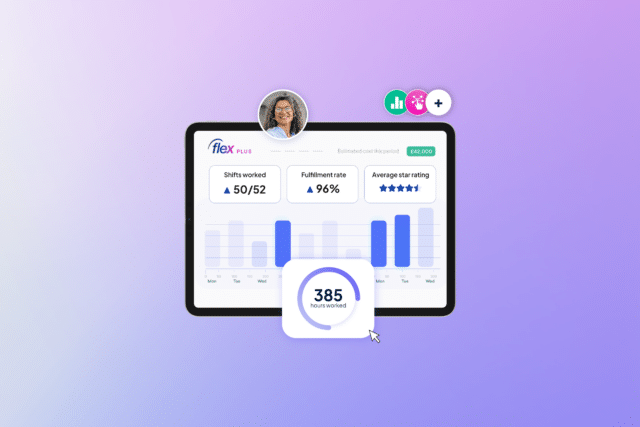
Are you considering an MSP but not entirely sure where to start? We’ve explored the basics to get you on the right track.
The definition of a managed service provider
A managed service provider is an external support network composing of technology and a team of professionals. It delivers a range of services for your organisation through strategic ongoing support.
It’s when a business chooses to outsource the maintenance of certain operations. An MSP will take on the routine tasks and responsibilities of an organisation in its designated area. Having an MSP is a great way to support and grow your organisation.
Common areas where an MSP is used within an organisation
There’s a wide range of business functions that can be supported through the use of an MSP.
- IT
- HR
- Finance
- Logistics
- Marketing
- Workforce management
MSP vs. Vendor Management System (VMS)
Both have a range of benefits and it’s important to understand the differences so that you can decide which would work best for your business. A VMS is a software that allows businesses to carry out their operations all in one place. It allows you to streamline processes, gain better visibility and access critical data. An MSP is the full end-to-end management of the relevant area of the business. It’s one step up from VMS in the way that the organisation doesn’t have to do the operations themselves.
With an MSP you get the technology plus the expertise of specialised professionals.
What are the benefits of a managed service provider?
Trust the experts
With MSPs being designed specifically for their purpose, you know you’re in safe hands. You’ll be able to speak with dedicated professionals with extensive knowledge in the area the MSP is covering.
The MSPs will know their technology like no one else, you can rest assured that they are using it according to best practices. They’ll notice immediately if something isn’t working as it should and will be far quicker to solve the issue than someone in-house.
Cost-effective
By outsourcing certain services you take away the reason to have an in-house team. A lot of the time this ends up being a far more cost-effective route, you’re paying for 1 service rather than an internal team of workers.
Not only are you saving on salaries and any employee benefits, but you also avoid paying any training costs. By letting the MSPs take full ownership you have immediate access to someone who knows the software and the best way to use it.
Streamline operations
An MSP is going to offer you greater efficiency when it comes to day to day tasks. The MSP will have access to valuable insights that will allow them to make data-driven decisions. Operations can therefore be personalised and done in the best way for your organisation.
Compliance
You can rely on your MSP to be up to date with government regulations and industry standards. It’s their responsibility to ensure everything is running smoothly and as it should be.
Using an MSP for your contingent workforce
As workers demand more flexibility, we’ve seen a shift towards businesses using external workforces. In fact, 70% of executives plan to hire more temporary workers in the next two years. A temporary staffing MSP is a comprehensive programme that facilitates and manages the sourcing, vetting, placement and fulfilment of your temporary staff. This allows you to reap all the benefits of an MSP whilst also giving you access to reliable temporary workers.
Some specific benefits include:
- Enhanced visibility of staffing across multiple sites
- Data-driven staffing decisions
- Improved hire time
- Better candidate experience
- An efficient blended workforce
Want to hear more? Contact our team to request a demo today.








